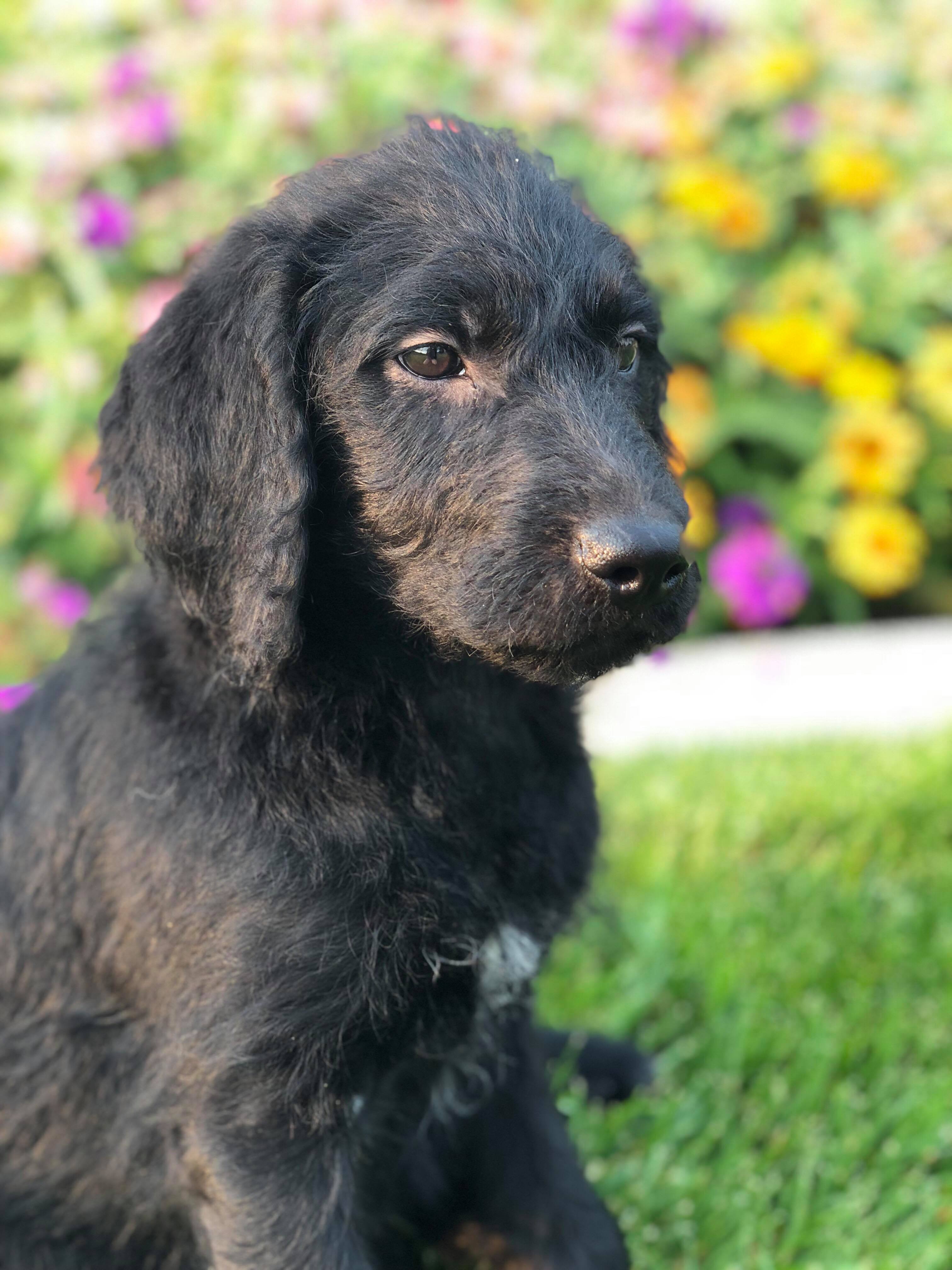- Laura Hallen

- Feb 10, 2024
- 1 min read
Puppies are great stress relief they also can be a great source of stress.
How do you have one and not the other?
Selecting a puppy that already has some good skills on board and was given the love and attention needed while growing up can combat many of the stressful behaviors, that dogs without this head start to have.
Know before you pick! Breeders are important.




